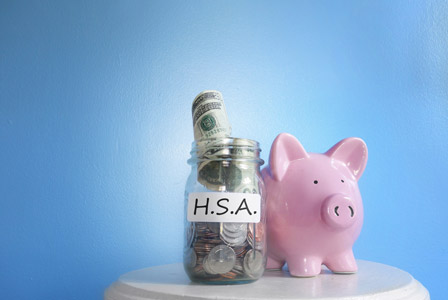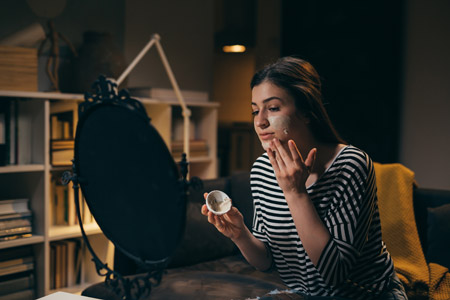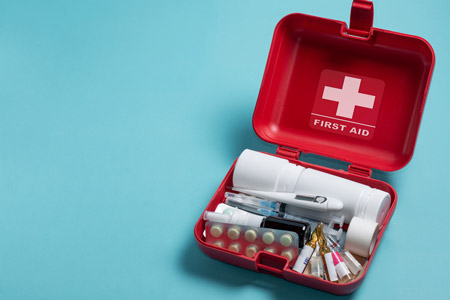


Got Seasonal Allergies? Here Are Your Treatment Options
As the winter days get longer and the sun starts to shine a bit brighter, flowers and trees begin to bloom again. The return of spring is always a reason to celebrate, but for many people, it also marks the return of dreaded seasonal allergies.
If you experience allergies, know you’re not alone. The Centers for Disease Control report that nearly 1 in 3 adults in the United States experience seasonal allergies.
Let’s explore what’s behind seasonally-dependent allergies and what treatment options exist for you to try.
What Causes Seasonal Allergies?
Seasonal allergens and hay fever are medically referred to as seasonal allergic rhinitis. Allergies are your body’s response to foreign substances. Your immune system mistakes these ‘allergens’ as threats and releases chemicals like histamine as a response to protect you.
Histamine is what is responsible for the typical symptoms that come to mind when you think of allergies like a runny, itchy nose, sneezing, and teary eyes. The most common culprit for triggering seasonal allergies is pollen from plants. In springtime, these are usually from tree and grass pollens.
Common Treatments for Allergies
Depending on the severity of your allergies and advice from your healthcare provider, you may consider either OTC (over-the-counter) or prescription treatments for your allergies.
- Antihistamines: Antihistamines help alleviate or prevent symptoms triggered by histamine. Many oral options, including tablets and liquids, are available in both brand and generic forms. When selecting a nonprescription antihistamine, carefully review the Drug Facts Label and adhere to the recommended dosage — as well as advice from your pharmacist.
- Decongestants: There are a number of different kinds of decongestants that are available by both prescription and OTC — nasal sprays, eye drops, and oral liquids and tablets are some of the common formulations. It is important to note that some nasal sprays aren’t recommended to be used for more than a few days as they can cause a rebound effect that worsens your symptoms. Always consult with your pharmacist prior to making a decongestant selection that is right for you.
- Nasal Corticosteroids: These sprays are readily available over the counter and treat nasal congestion associated with allergies. It is important to note that it takes a few doses to notice the full anti-inflammatory effect of steroid nasal sprays. However, they are very effective. You can also buy simple saline nasal sprays if you’d like a non-medical nasal spray to help with a stuffy nose.
- Non-Medication Prevention: One of the best ways to treat allergies is to stop allergens before they get a chance to trigger a response from your body. Keep windows closed in your home and in the car, shower after spending time outdoors and before bed, and stay indoors if your allergy symptoms are acting up.
Stuck on how to treat your symptoms? Be sure to reach out to your pharmacist or healthcare provider for personalized advice.
The information on this site is for informational purposes only and should not replace direct medical advice, diagnosis, or treatment from your doctor or another qualified healthcare provider.
Sources:
“Know Which Medication Is Right for Your Seasonal Allergies.” U.S. Food and Drug Administration.



















.jpg)





















.jpg)

















.jpg)


























.jpg)
.jpg)
.jpg)













